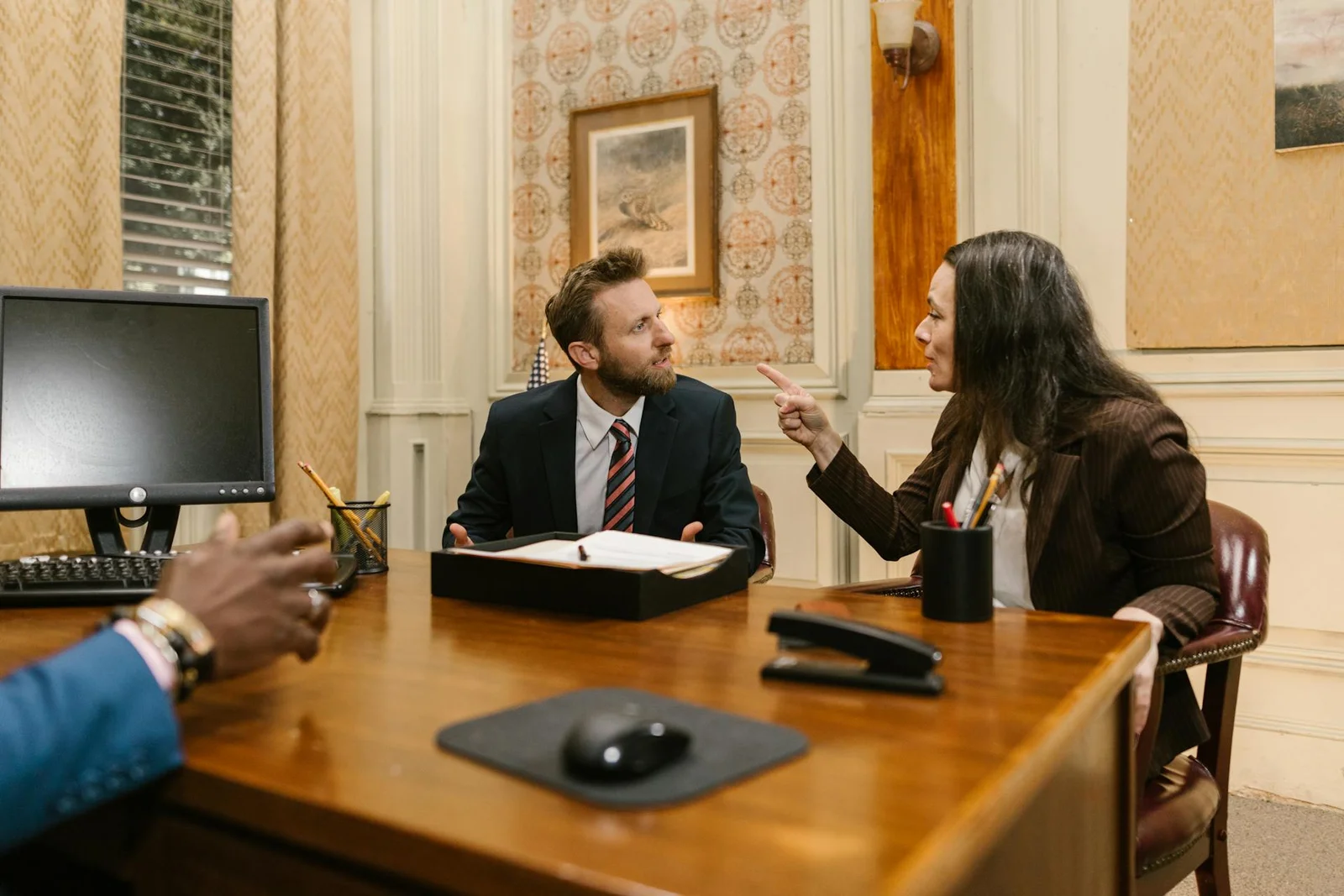In the days leading up to a wedding there are fewer statements less romantic that asking your betrothed to take some independent legal advice about a prenup. No one wants to think about separating before they are married, but the reality is relationships do break down and pre-nuptial agreements (or prenups) are increasingly becoming a feature of modern marriages and civil partnerships.
It can be tempting to concentrate on the dress and the party, but marriage is a contract and a contract that confers significant rights on your intended. If a marriage or civil partnership does breakdown, then those without a prenup run the risk of years of protracted litigation over the marital estate. If you have significant assets before you marry, or perhaps you want to ensure existing children are looked after no matter what, then a prenup might be worth considering.
A prenup allows couples to have a degree of self-regulation over their affairs and set out from the outset what will happen if they separate. It isn’t about trying to make sure your new spouse doesn’t get anything. On the contrary, it must be fair from the outset to be valid, and it allows parties to decide on what is fair for themselves.
Are Prenups legal in England and Wales?
Historically prenups have not been recognised in the UK, but in 2010 the landscape changed. Although prenups are not legally binding the case of Radmacher v Granatino set the precedent that prenups should be upheld if they are not unfair.
In 2014 the Law Commission recommended that prenups should be legally binding. That hasn’t happened yet, but the smart money is on that being a matter of time. Where does that leave us today?
As long as certain condition are met, then the current view is that prenups should be upheld. If no prenup is in place, then the starting point is a 50/50 split of assets. With that in mind, taking some legal advice before you get married might save a lot of heartache in the future.
What conditions need to be met for a Prenup to be fair?
What you should consider:
- Both parties need to speak to a solicitor. Your prenup should be drawn up by a solicitor and both parties should have had an opportunity to take independent legal advice. Most solicitors are now willing to offer a fixed fee to draft a prenup so costs don’t unnecessarily escalate.
- The prenup should be signed at least 21 days before the wedding. The scene lifted from the movies with the bride signing in the back of the car is likely to result in an invalid prenup.
- There needs to be full and frank disclosure of assets – to understand that what you are signing is fair you need to understand the true financial picture. If you don’t feel comfortable disclosing the true financial picture to your intended, then the prenup you propose might not be valid.
- Both solicitors acting for the parties should confirm that the agreement was entered freely and without duress.
- The agreement should be fair and realistic. A prenup is not a way of ringfencing all your assets and leaving your spouse with nothing if you divorce. If you take the step to get married the courts will expect that there will be some sharing of assets. A prenup is about setting out what the parties agree is fair and that will vary from case to case.
- There should be consideration given to reviewing the agreement, particularly if children are born. What might be viewed as fair could change over time.
The prenup conversation might be a tricky one, but it is a lot easier agreeing what is fair while you are still enjoying the best of times, rather than when you are in the worst of times.
And the very best result after drafting a prenup? When they never have to be used.
Legal Advice
It is not only advisable to take legal advice when preparing a prenup, but it is necessary for both people to obtain independent legal advice on the fairness of the agreement if you want it to stand up in an English Court.
If you would like to speak confidentially to our team of family lawyers you can call 020 7993 2936 to schedule an appointment or make a Contact Request here.
































































